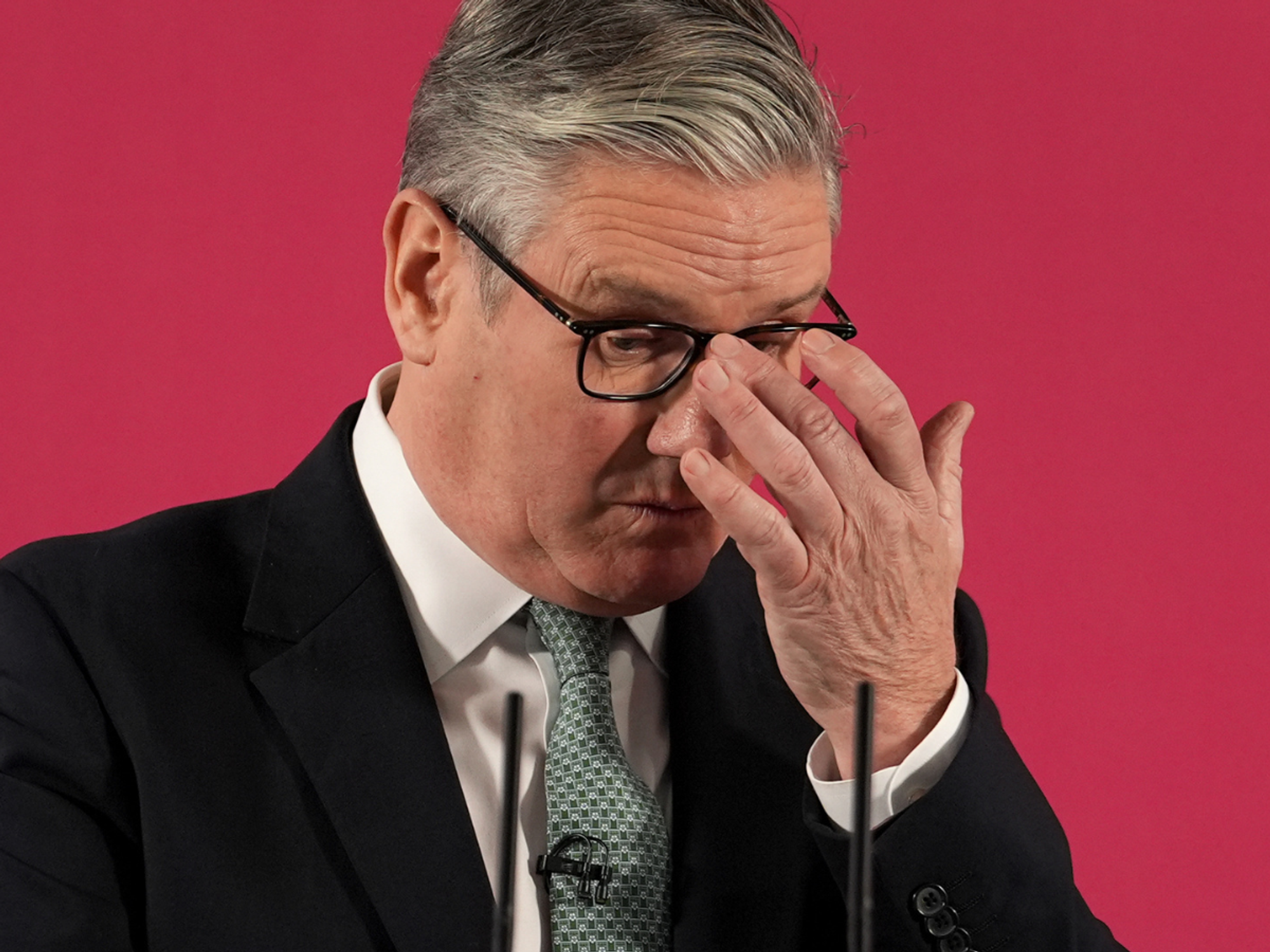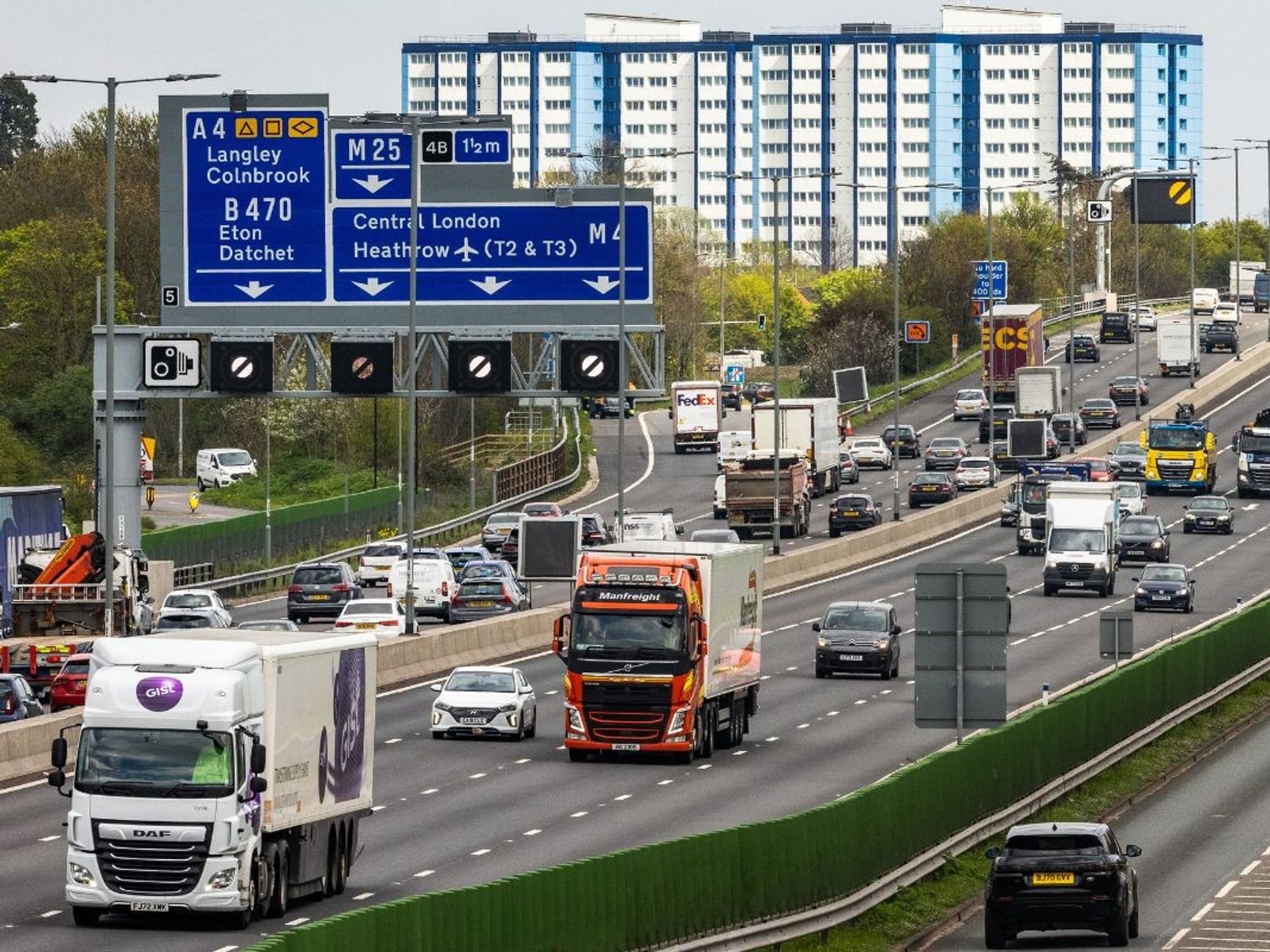Misogyny: Women's rights campaigners slam Law Commission for not making 'offensive' comments a hate crime
The Law Commission said its recommendations "would not criminalise 'offensive' comments", nor criminalise those who told sexist jokes
Don't Miss
Most Read
A statement by 20 women’s rights and hate crime organisations and campaigners said the Law Commission had failed to address “widespread concerns about lack of action by the criminal justice system”.
The contributors of the statement included the Fawcett Society, Citizens UK, Stella Creasy MP, Rights of Women and the former constable of Nottinghamshire police, Sue Fish.
The statement said: “The commission’s review is too narrow and doesn’t recognise the value of including misogyny to enable recording of incidents, which are currently invisible. By not joining together hate crime legislation, it especially ignores the experiences of women from minority communities who experience hatred based on multiple factors yet all too often are let down by the criminal justice system because they do not fit their tick boxes."
“This report must not be used by the government to kick action on violence against women and girls into the long grass and instead should support proposals for legislation now, including urgently rolling out the recording of misogynist crimes to all police forces. Women and girls have waited too long to be equally protected and will continue to fight for this.”
In England and Wales, “hate crimes” are generally used to refer to the aggravation of the seriousness of existing criminal offences, such as assault, harassment or criminal damage, because there is an additional “hostility” element.
Racial hate crime laws were introduced following the murder of black teenager Stephen Lawrence in 1993, and have since been further expanded to include religion, disability and sexual orientation, and transgender identity.
The Law Commission said its recommendations “would not criminalise ‘offensive’ comments”, nor criminalise those who told sexist jokes.
“They (the proposed changes) would not stop people discussing differences between the sexes or articulating views on the suitability of women for positions in religious or secular authority,” the review said.
“What we are referring to is threatening or abusive material which incites and glorifies violence, including sexual violence, against women and girls, and praises men who murder women.”
It also suggested the Government ought to consider whether a “bespoke public sexual harassment offence” should be created, rather than a hate crime offence.
It said: “Existing offences which currently apply to abuse and harassment of women in public spaces are quite heavily focused on threatening and abusive words, and disorderly behaviour.
“A specific offence addressing public sexual harassment might be crafted in a way that better captures the degrading and sexualised nature of the behaviour that frequently occurs in these online and offline contexts.”
The legal review body said so-called “incel” culture – found among “involuntary celibate” people in an “overwhelmingly male online community” which believes society is defined by physical appearance – had the potential to lead to serious criminal offending.
Its 550-page report to the Government contains 34 recommendations, and makes passing reference to the case of Jake Davison, who murdered five people in a shooting spree in Plymouth in August this year, amid claims he had “sought out Incel material and posted videos online expressing Incel sentiments”.
The Law Commission said existing hate crime offences should now be extended to cover hatred on grounds of sex or gender where “stirring up” – or incitement – is involved.
It also suggested the Government undertakes a review of the need for a specific offence of public sexual harassment.
Other recommendations include reforming hate crime legislation to ensure that disabled and LGBT+ victims receive the same protections as victims with other protected characteristics, such as race and religion.
Professor Penney Lewis, Law Commission spokesman, said: “Hate crime has a terrible impact on victims and it’s unacceptable that the current levels of protection are so inconsistent.
“Our recommendations would improve protections for victims while also ensuring that the right of freedom of expression is safeguarded.”











